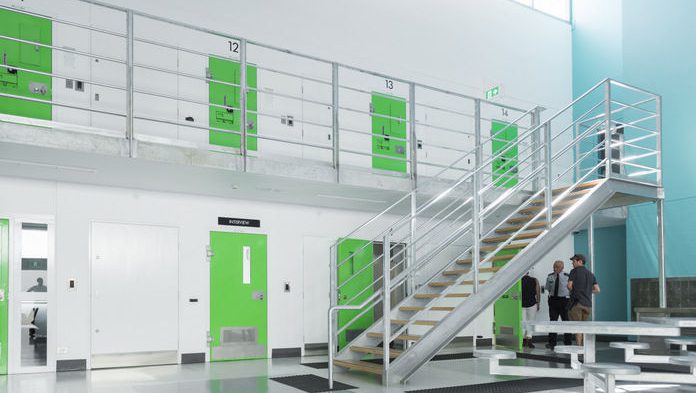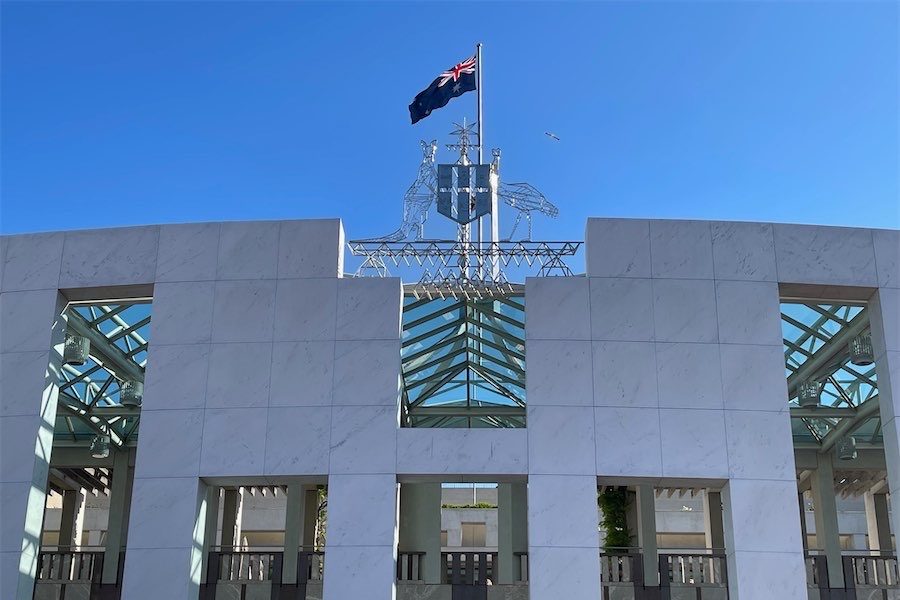
IN a six-month period, Aboriginal women at the Alexander Maconochie Centre (AMC) were more likely to be strip searched than non-Aboriginal women, according to information provided to the Melbourne-based Human Rights Legal Centre (HRLC).
In the period from October 1 to April 30 there were 208, or one a day, on average, strip searches conducted on women. Of those 121 (58 per cent) were conducted on Aboriginal women despite the fact that during this period only 44 per cent of the women were Aboriginal.
Of the 208 strip searches only three — 1.5 per cent — resulted in staff of the prison finding contraband, meaning 98.5 per cent (205 women) of women were forcibly strip searched and found to have no contraband on them.
Following the release of the information, a shocked Julie Tongs, the CEO of the Winnunga Nimmityjah Aboriginal Health and Community Services, said it has confirmed all her worst fears about the culture and management of the AMC.
In March, Prisons Minister Mick Gentleman told “CityNews” that “strip searches are conducted in limited circumstances in ACT correctional centres to ensure detainees are safe and are not a threat to themselves or others”.
However, the information released to HRLC suggests that strip searches are not as limited as Mr Gentleman described.
Under the Corrections Management Act 2007, the director-general of corrections is required to maintain a register explaining the reason for each strip search carried out in the prison.
Despite this legal requirement, 49 of the strip searches carried out during the six-month period appear to have been conducted without a reason.
In relation to the remainder, the stated reasons for stripping the women were:
- On 38 occasions it was because they were to be transported to the ACT Courts to attend a hearing.
- On 57 occasions it was because they had been returned to the AMC after attending a hearing at the ACT Courts.
- In the remaining 49 cases the strip search was forced on the women at the time they were admitted to the prison.
Ms Tongs said that while the rate of strip searching of women at the AMC is of itself a matter of the gravest concern, she is deeply troubled that the strip searching of women before travelling to court and upon return to the AMC from a court hearing is clearly being done as a matter of routine or standard procedure, without regard to the Corrections Management Act.
She questions where the reasonable grounds are for believing that the women strip searched had contraband on them.
Ms Tongs believes ACT Corrections should explain who it believes these women, when visiting the ACT Courts from the prison, are receiving contraband from, saying the only people that a detained woman would interact with on such a visit are prison officers, police officers, court staff, lawyers, magistrates and judges.
Ms Tongs said the data in relation to strip searches at the AMC reveals the stark over-representation of Aboriginal women among those being strip searched and confirms her long held and expressed concern about the existence of systemic and institutionalised racism in the ACT justice system
Ms Tongs, who has been repeatedly calling on the ACT government to conduct an inquiry into racism in the ACT, without success, said this latest exposure of major failings in the management of the AMC has cemented her determination to continue to insist on the commissioning of a Royal Commission into the operation of all aspects of the ACT justice system.
Who can be trusted?
In a world of spin and confusion, there’s never been a more important time to support independent journalism in Canberra.
If you trust our work online and want to enforce the power of independent voices, I invite you to make a small contribution.
Every dollar of support is invested back into our journalism to help keep citynews.com.au strong and free.
Thank you,
Ian Meikle, editor









Leave a Reply